We know that hormones can have a very visible, immediate impact on many aspects of our health. Testosterone and estrogen, for example, are shown to improve libido and enhance sexual drive. What is often forgotten are the many behind the scenes health benefits that hormones provide, including dental health.
Hormones are molecules that are released into the blood stream and exert effects on target cells, such as turning on cellular machinery, increasing metabolism, activating cellular repair and cell replication, and increasing protein synthesis, among other activities. Almost all aspects of aging are influenced by our body’s hormones. As we age, our hormone levels decline and we are more susceptible to oral health issues, including tooth decay, periodontal disease, and even temporomandibular joint (TMJ) disorders.
Did you know that by optimizing your hormones, you can support healthier teeth, gums, and overall oral health?
Declining Hormones Can Lead to Dental Problems
According to the Cleveland Clinic, changes in our hormone levels can result in numerous negative side effects to our oral health, including:
- Gum disease (periodontitis)
- Receding gums
- Gingivitis
- Red, tender, and swollen gums
- Reduced ability to respond to toxins occurring from plaque build up
- Greater risk for bone loss or osteoporosis
- Tooth decay and tooth loss
- Inflammation and osteoarthritis in the temporomandibular joint (TMJ)
- Altered taste
- Burning sensation in the mouth
- Greater sensitivity to hot and cold foods and beverages
- Dry mouth
There are many hormones that work together to positively support your dental health, and two of the most prominent are estrogen and progesterone. Estrogen and progesterone work synergistically to stimulate strong, healthy bone growth and support healthy heart function, which means better blood flow throughout your body (including your mouth). When these hormones are not optimized, the symptoms above can be exacerbated.
Improve Your Oral Health
Oral health is a critical component of your overall health and well-being. For good oral health, brush your teeth at least twice a day, floss, visit your dentist regularly, avoid sugary snacks, and eat a well-balanced diet.
Optimized hormones are another way, in combination with these steps, to support oral health and protect your teeth and gums (among many other health benefits!).
Healthier teeth and better oral health – now that’s something we can all smile about!



